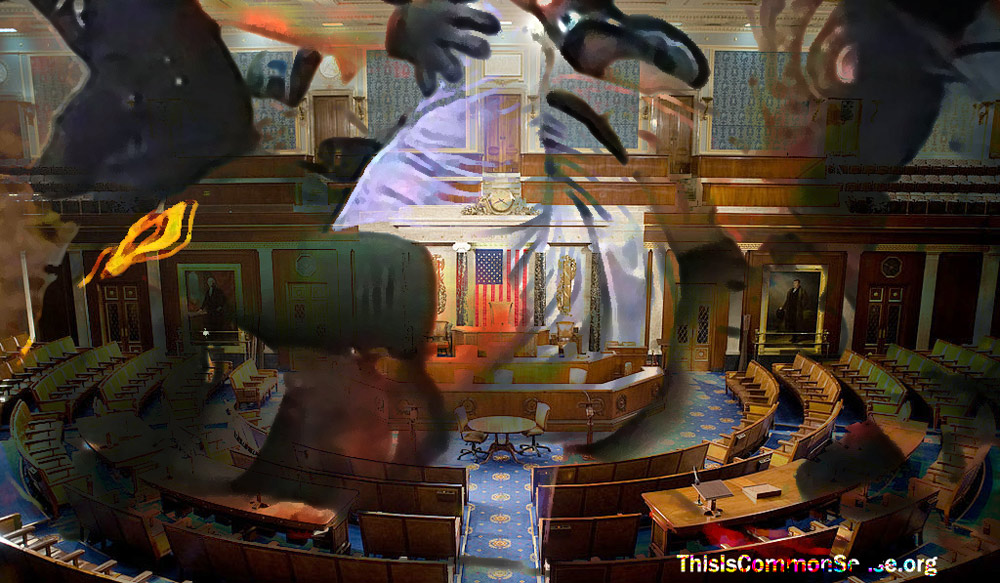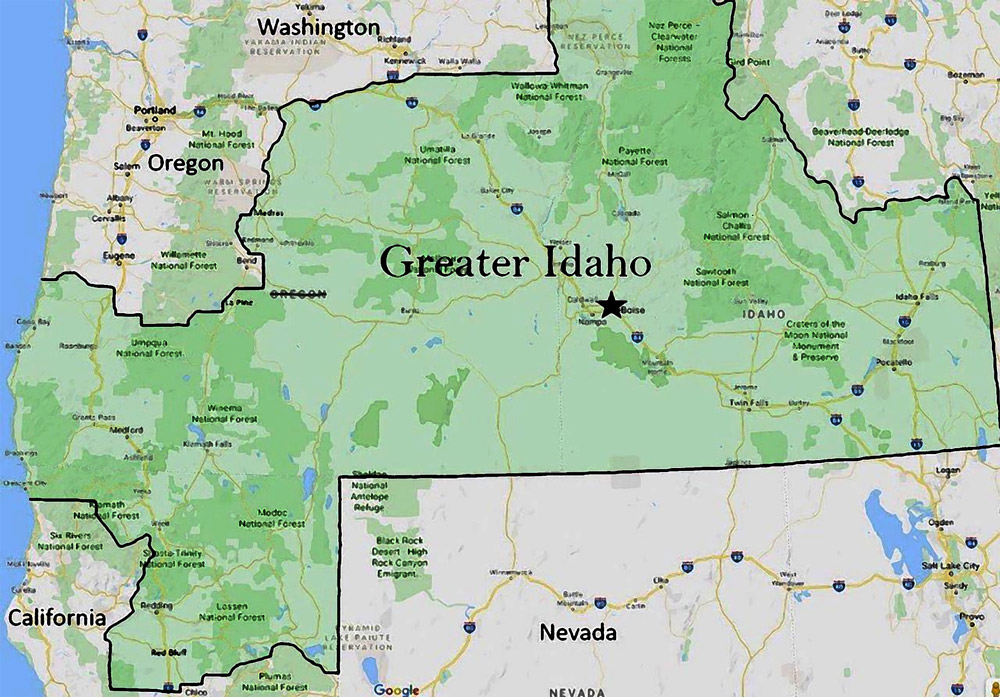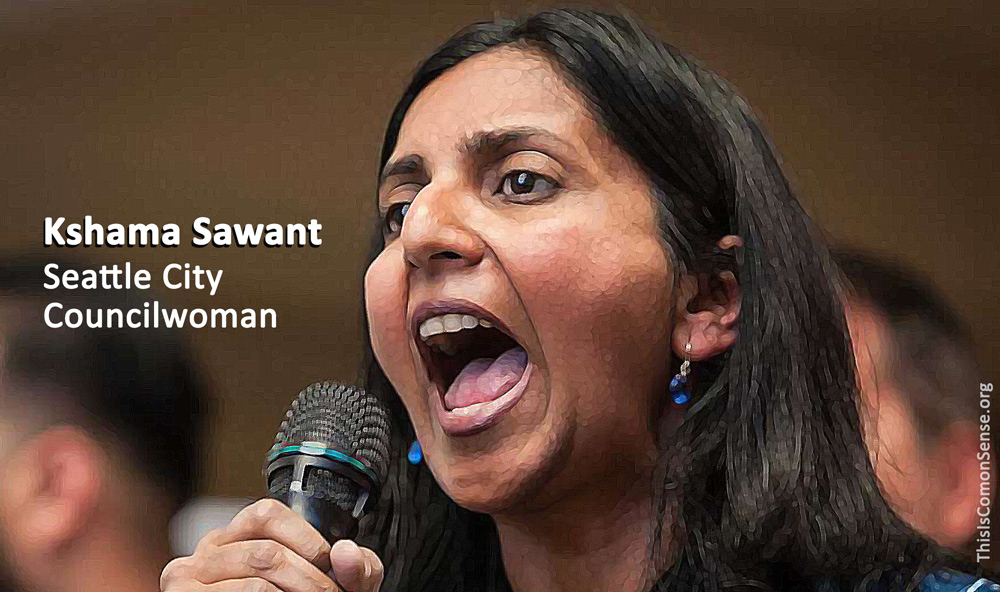In Minnesota — Land of 10,000 Lakes and a startling number of police killings of unarmed, innocent citizens, including George Floyd — the state legislature has “passed the most expansive criminal justice reforms in the state’s history.”
Though acknowledged as merely a start, it is good news. As are the banning in many major departments of neck restraints, and the kibosh placed on chokeholds in the nation’s capital.
Yet Eric Gardner died back in 2014 when placed in a chokehold by New York City police. Nevertheless, there is still no NYC ordinance against it. Numerous other cities also lack any such rule or law.
Why the glacial slowness?
It isn’t for lack of popular support. According to Cato Institute’s newly-released poll, 63 percent favor ending qualified immunity for police.
So what is it? It’s no mystery; we do not need a blue ribbon investigative effort.
The Washington Post reports that reform-minded police chiefs and city officials “have repeatedly . . . run headlong into two formidable and interconnected forces: veteran officers who resist these efforts and the powerful unions fighting discipline.”
That second factor is key. Police unions are “powerful,” in part, because their political endorsement at election time means more to elected officials than the reform-minded opinions of mere citizens.
So when you learn that, at the federal level, Democrats recently killed all prospects for criminal justice reform this year, you will not find yourself flummoxed.
Sadly, this festering dysfunction in our representative system corrupts our justice system.
And deaths result.
This is Common Sense. I’m Paul Jacob.
—
See all recent commentary
(simplified and organized)





